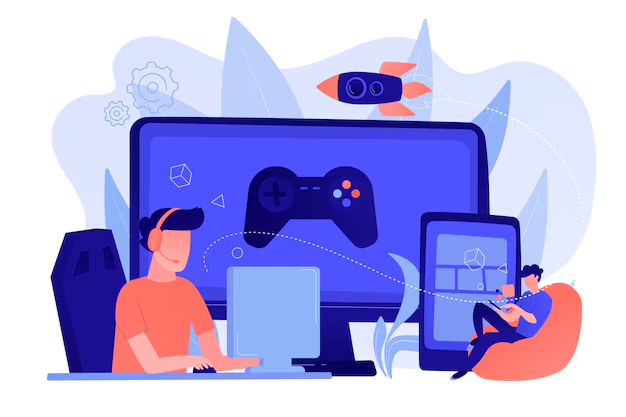Video games have evolved into a cultural cornerstone, shaping how we connect, compete, and create. In 2023, the gaming industry reached an estimated $188 billion, driven by titles that not only entertain but also bring people together in digital spaces. Games like Warframe, Call of Duty, and Helldivers 2 highlight the positive impact of gaming culture. Fostering collaboration, creativity, and community. Yet, the industry also faces challenges, including issues of monetization, toxicity, and corporate mismanagement. As seen in Ubisoft’s controversial closure of certain studios amidst allegations of unethical practices.

While it is essential to address these negatives, the positives of gaming remain significant. Gaming’s ability to unite players through teamwork is one of its defining strengths. Cooperative games like Helldivers 2 thrive on collaboration, requiring players to communicate and strategize to overcome chaotic, high-stakes missions. These shared goals foster a sense of trust and camaraderie among players.
Research supports the idea that team-based gaming enhances prosocial behavior. Studies by the American Psychological Association (APA) have shown that players engaged in cooperative games often display greater empathy and collaboration in real-life interactions. This highlights how gaming can strengthen social bonds while offering a fun, interactive experience.
Games are also a medium for self-expression and creativity. Warframe, with its deep customization options and community-driven approach, exemplifies this. Players can design their characters, craft unique weapons, and immerse themselves in a vast, lore-rich universe. The game’s developer, Digital Extremes, actively supports community contributions, fostering a culture of creativity and inclusivity.
According to the International Game Developers Association (IGDA). Games with creative freedom not only keep player interest but also build vibrant communities. Titles like Warframe inspire everything from fan art to cosplay, displaying how games can become a canvas for artistic expression.
Competitive gaming, epitomized by franchises like Call of Duty, offers a unique mix of challenge and reward. Whether through ranked matches or professional eSports tournaments, competitive games push players to improve their skills and achieve excellence.
University research highlights the cognitive benefits of competitive gaming, including enhanced problem-solving abilities and resilience. This competitive drive can translate to personal growth as players hone their focus and perseverance through high-stakes gameplay.
Despite its many positives gaming culture faces significant hurdles. Toxicity stays a widespread issue particularly in competitive games. Online multiplayer platforms, while fostering community, can also become breeding grounds for harassment. Studies reveal that the anonymity of online spaces often emboldens negative behavior, disproportionately affecting women and marginalized groups.
Another major concern is monetization. While games like Warframe and Call of Duty are often free-to-play or low-cost. Their reliance on micro-transactions can frustrate players. These systems sometimes encourage excessive spending, especially in games with grind-heavy progression models. This has led to criticism of developers prioritizing profits over player satisfaction.
Ubisoft recently drew sharp criticism for its approach to monetization. The company’s attempt to implement controversial in-game purchases was met with backlash and allegations surfaced that the CEO knowingly exploited players’ trust for financial gain. The fallout led to the closure of several Ubisoft studios serving as a cautionary tale about the consequences of prioritizing short-term profits over long-term goodwill.
Gaming culture continues to evolve with its developers and players alike working to address its challenges. Initiatives to combat toxicity, such as improved moderation tools and community-led mentoring programs, are gaining traction. Additionally, there is growing pressure on companies to adopt fairer monetization practices that prioritize player enjoyment over aggressive revenue generation.
The positives of gaming. Connection, creativity, and personal growth remain at the forefront for many. Studies show that moderate gaming can reduce stress, enhance cognitive skills, and strengthen social bonds. As the industry grows, it holds the potential to become an even more powerful force for good, provided that its challenges are acknowledged and resolved.
Gaming is ultimately a reflection of its community. A mix of innovation and imperfection. By embracing the collaborative and creative aspects of gaming culture while actively addressing its shortcomings, the industry can solidify its place as a transformative cultural force for future generations.
